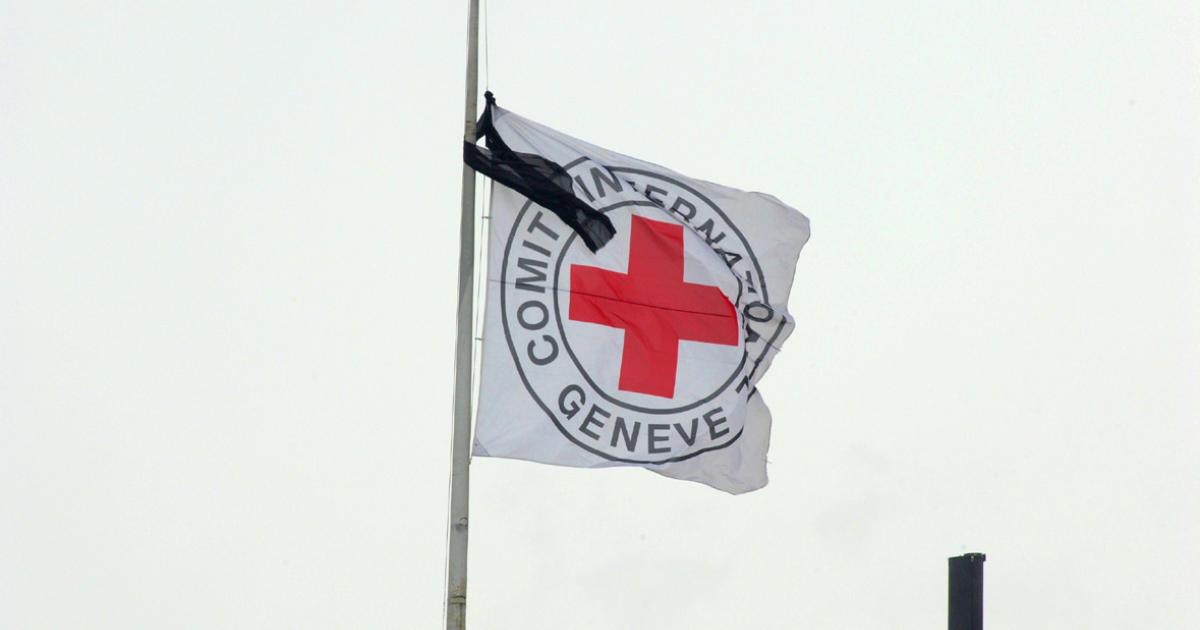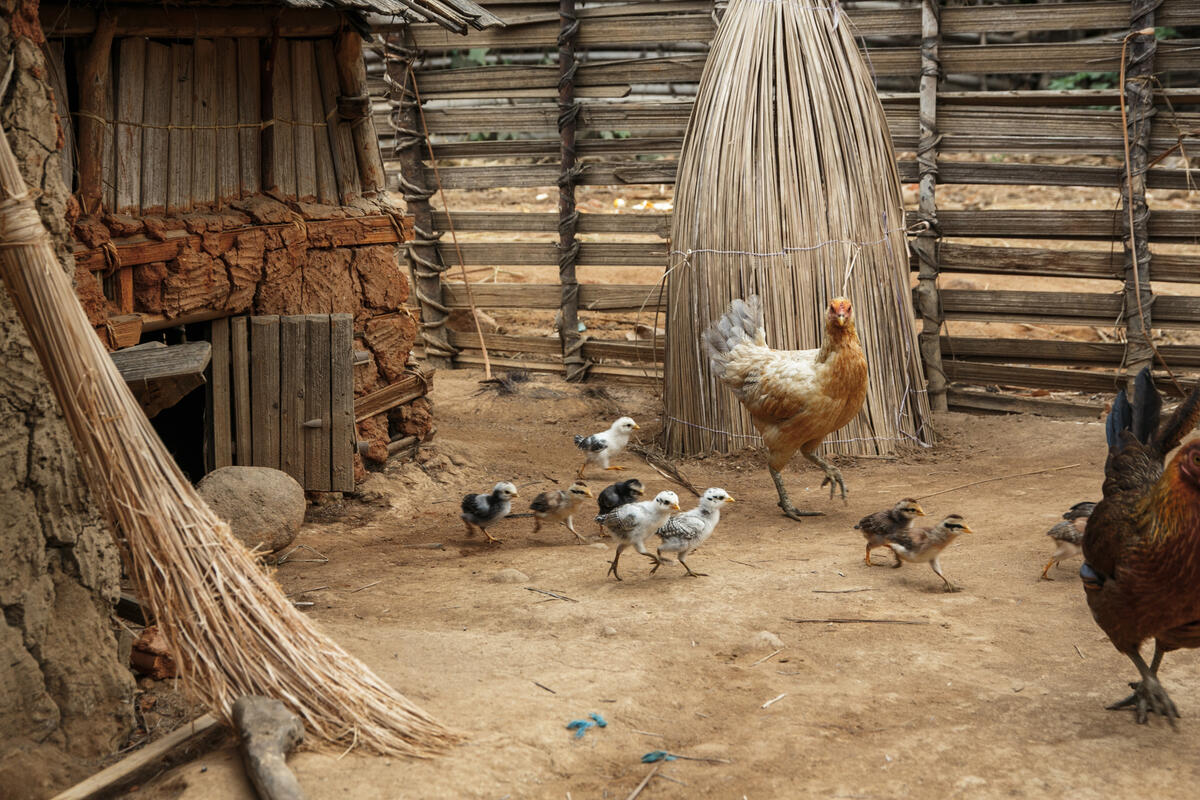Thank you Jane [Hill, CEO Ovarian Cancer Australia], for the introduction and for inviting me to speak today. Such a familiar figure in these halls and a fabulous advocate for women with ovarian cancer.
It’s a pleasure to be here.
Before I begin, I want to acknowledge the traditional custodians of the land on which we meet the Ngunnawal people and the Ngambri people and pay my respects to Elders past, present and emerging. Your custodianship, for tens of thousands of years of the lands and waterways in this region, enrich us all.
I extend that respect to other First Nations people with us today.
I am proud to be part of a Government committed to the Uluru Statement from the Heart, in full. Voice. Treaty. Truth.
I also acknowledge the Health Minister Mark Butler here, the Finance Minister Katy Gallagher, Opposition Leader Peter Dutton and my other parliamentary colleagues who join us today.
I’d like to particularly thank Alisi Jack-Kaufusi – thank you Alisi for sharing your very personal story with us and your advocacy to help others.
It’s absolutely vital that we hear stories like yours so we can always place the experience of women diagnosed with ovarian cancer at the heart of all that we do.
And of course, thank you again Jane and all at Ovarian Cancer Australia – the work that you do to support women with ovarian cancer is vital.
The work you do strengthens communities – from awareness raising to supporting patients, arming them with everything from quality information about care options to support groups.
And crucially, you are a reminder to all women living with ovarian cancer that there is support available and that they are not alone.
When women thrive, communities thrive – and caring for their health is a key part of that.
Thank you for all that you do advocating and caring for women living with ovarian cancer.
This includes your Teal Support Program – supporting very valuable telehealth nursing support for people and their families who are suffering from ovarian cancer.
Providing quality support and information for people across the country with ovarian cancer through diagnosis, treatment and beyond – this is a vital service.
Also, the TRACEBACK Project that aims to prevent ovarian and other cancers by identifying Australian families at significant genetic risk of cancer, and of course working through your Action Plan for Ovarian Cancer research.
In Australia, 5000 women are living with ovarian cancer.
We know that it is difficult to detect early.
There is currently no screening test or examination to detect ovarian cancer at an early stage, or one effective enough for a population-based screening program.
There is a lot of work to be done to improve ovarian cancer detection and outcomes.
We are pleased to partner with Ovarian Cancer Australia to tackle this disease.
Our Government is committed to improving the lives of people with ovarian cancer, as well as their family members and carers, this includes millions of dollars for the Teal Support Program and TRACEBACK project.
I thank Ovarian Cancer Australia for its work to raise awareness and to drive changes that will result in better diagnosis, treatment and care.
Women and girls deserve tailored and targeted healthcare that recognises and reflects their experiences and concerns.
As Assistant Minister for Health and Aged Care, it’s my privilege to drive an area I am incredibly passionate about – women’s health.
I thank the Minister for Health Mark Butler for carving out this important part of the health portfolio.
We want to make sure that health issues specifically affecting women and girl’s health and wellbeing receives the attention it deserves, and of course we will continue to implement the National Women’s Health Strategy.
I am proud to chair the new National Women’s Health Advisory Council.
The council will provide strategic advice to us on improving Australia’s health system for women and girls and consider the significant biases that exist in the system that research now shows results in significant differences in outcomes between the sexes.
This includes women not being believed when they present with symptoms, misdiagnosis, over and under prescription of medicines, the lack of representation in clinical trials and in research, the stigma attached to so many women’s health conditions, lack of research focus and funding on issues that predominately affect women, the list goes on.
It will look at the healthcare offered to women and girls when it comes to menstruation, reproductive healthcare and menopause, as well as medical consent and pain management.
It will also consider medical research and health outcomes for women across a range of conditions – including cancer care.
In 2022, it is estimated 1,815 Australian women would be diagnosed with ovarian cancer and tragically 1,016 would die from this disease.
The impacts are dire for the individual, as well as the family, friendship groups and the wider community.
Our job, and the job of all of us here is to make it better.
We are a rich and diverse country, we are a smart country, and together, I know we can make the changes we all want to see.
Thank you.







